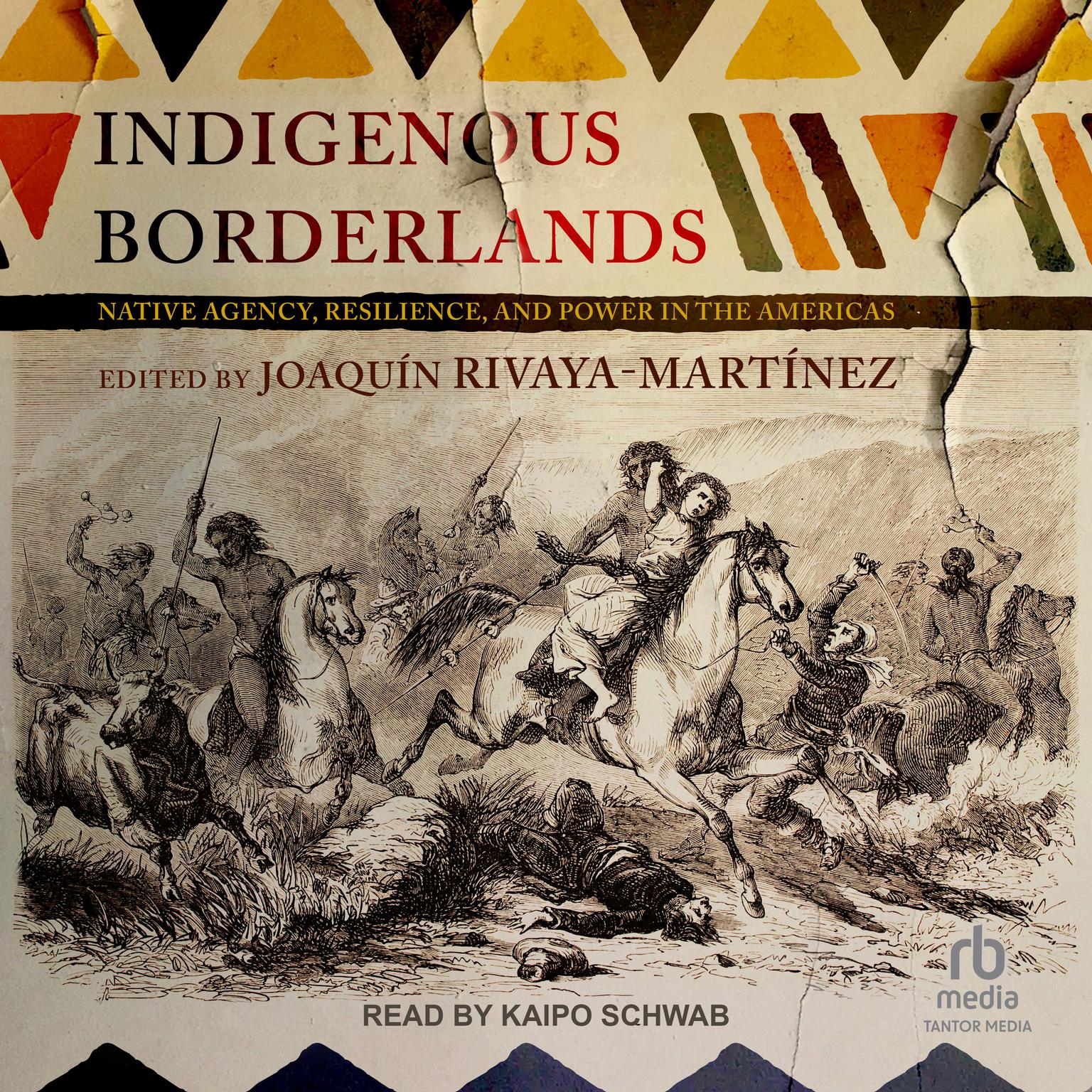Publisher Description
Pervasive myths of European domination and indigenous submission in the Americas receive an overdue corrective in this far-reaching revisionary work. Within the indigenous borderlands of the Americas, as this volume shows, Native peoples exercised considerable power, often retaining control of the land, and remaining paramount agents of historical transformation after the European incursion. Conversely, European conquest and colonialism were typically slow and incomplete, as the newcomers struggled to assert their authority.
Indigenous Borderlands covers a wide chronological and geographical span, from the sixteenth-century U.S. South to twentieth-century Bolivia, and gathers leading scholars from the United States and Latin America. Drawing on previously untapped or underutilized primary sources, the original essays in this volume document the resilience and relative success of indigenous communities commonly and wrongly thought to have been subordinated by colonial forces, or even vanished, as well as the persistence of indigenous borderlands within territories claimed by people of European descent.
Hemispheric in its scope, unique in its approach, this work significantly recasts our understanding of the important roles played by Native agents in constructing indigenous borderlands in the era of European imperialism.
Download and start listening now!











